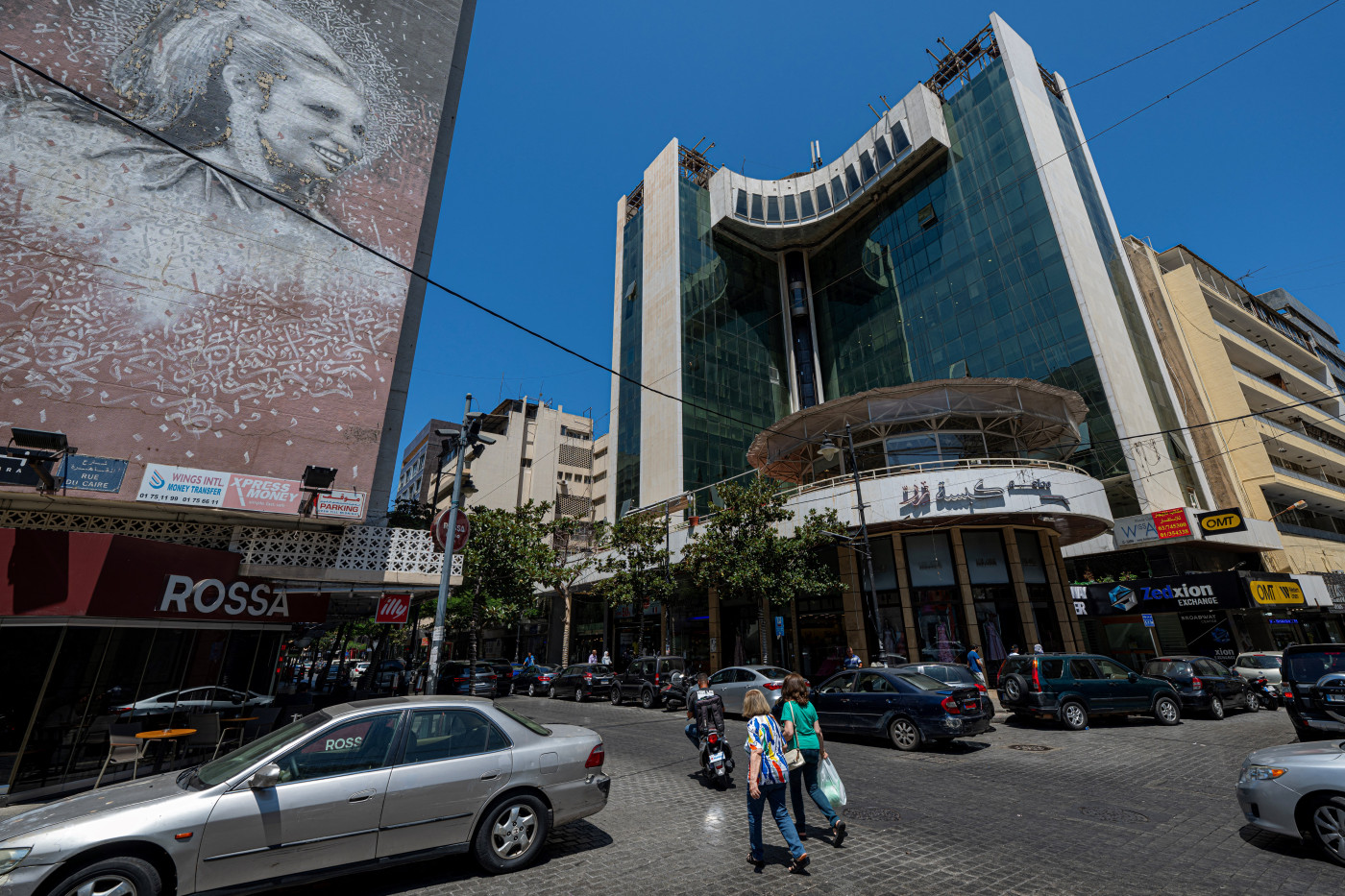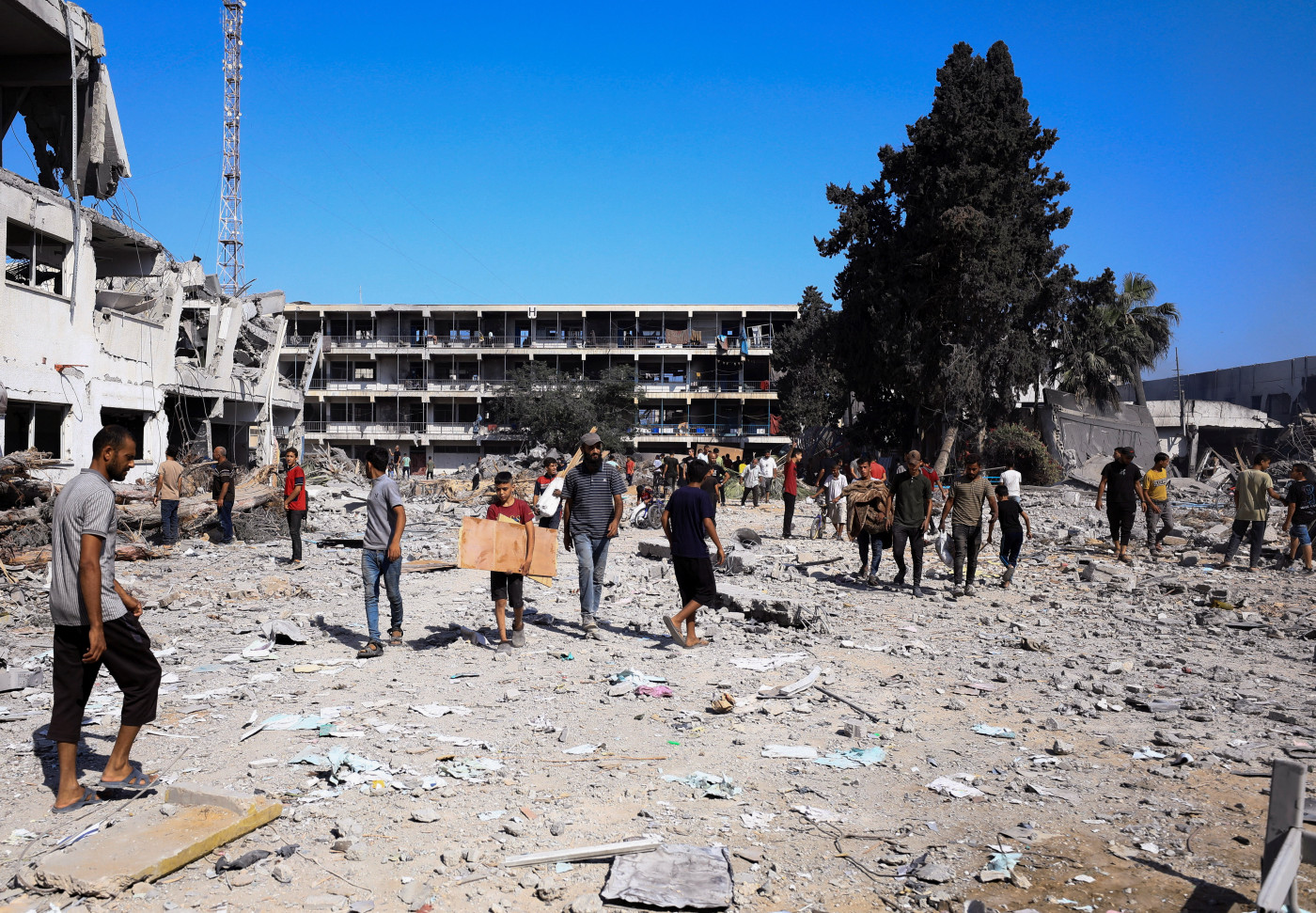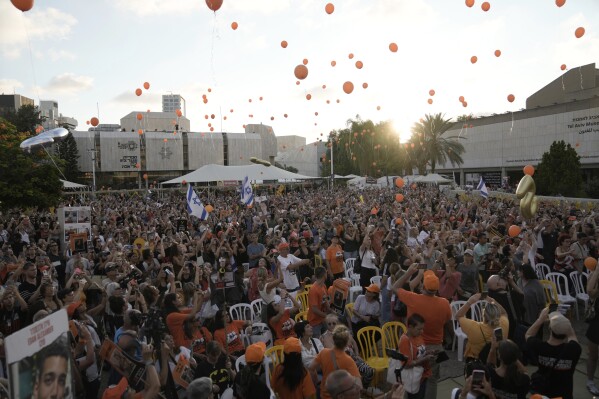Houthis Hint 'A Lot' of Action Ahead as Israel Awaits Iran's Vengeance
Iran's ally in Yemen has signaled to Newsweek the group's plans for substantial operations ahead as Israel braces for anticipated retaliation from the Islamic Republic and its regional partners for the killing of Hamas' political chief in Tehran.
The Middle East has been abuzz with anxiety over the possible scope and scale of Iran's plans since the slaying of Hamas Political Bureau chief Ismail Haniyeh in Tehran last week, an act for which Israel has neither confirmed nor denied its responsibility.
The assassination came less than a day after the killing of senior Hezbollah commander Fouad Shukr in the Lebanese capital of Beirut and about 1 1/2 weeks after Israel conducted airstrikes against Yemen's port of Hodeidah, under the control of Ansar Allah, also known as the Houthi movement.
Amid the latest escalations in the regionwide tit-for-tat clashes surrounding the almost 10-month-long war between Israel and Hamas in the Gaza Strip, experts and former officials have told Newsweek that both Iran-aligned Axis of Resistance members Ansar Allah and Hezbollah are likely to play a role in a potentially imminent, multipronged strike against Israel.
Speaking to Newsweek on Monday, Ansar Allah Deputy Information Secretary Nasreddin Amer declined to reveal the details of the group's involvement in such an upcoming attack but suggested major plans were underway.
"We tend during this period to speak little and act a lot," Amer told Newsweek. "This is what I want the world to understand."
Ansar Allah has emerged as one of the most active Axis of Resistance factions that engaged in operations since the outbreak of the war in Gaza, sparked by a Hamas-led attack on Israel last October. The group has regularly conducted missile and drone attacks against Israel and commercial vessels accused of support it in the Red Sea, Gulf of Aden and beyond.
One such drone attack launched by Ansar Allah last month managed to strike the heart of Tel Aviv, killing one person and injuring at least 10 more, according to Israeli officials. Israel responded the following day with a series of airstrike targeting Yemen's critical port of Hodeidah, killing at least 14 people and wounding more than 90, according to local officials.
The Israeli attacks followed several rounds of U.S.-led strikes against Ansar Allah positions in Yemen in a bid to deter the group's campaign. U.S. Central Command (CENTCOM) announced the destruction of at least 11 Ansar Allah unmanned surface vessels in the wake of the Israeli attacks in Hodeidah.
CENTCOM also announced on Saturday the destruction of "an Iranian-backed Houthi missile and launcher in a Houthi-controlled area of Yemen" after "it was determined these weapons presented an imminent threat to U.S. and coalition forces, and merchant vessels in the region."
Ansar Allah has vowed to press on with its offensive despite strikes from Israel and the U.S.-led coalition. On Sunday, the group said it had targeted the Liberia-flagged container ship Groton and had shot down a U.S. MQ-9 Reaper drone in the fourth such downing of its kind claimed by the Yemeni rebels since the onset of the war in Gaza.
"The Yemeni Armed Forces continue to carry out its military operations in various stages of escalation," Yahya Saree, military spokesperson for Ansar Allah, which considers itself to be the legitimate government of Yemen, said in a statement, "and these operations will not stop until the aggression stops and the siege on the Palestinian people in Gaza is lifted."
Newsweek has reached out to Iranian Mission to the United Nations, the Israel Defense Forces (IDF) and U.S. Navy CENTCOM for comment.
The U.S. has stepped up its military presence in the region, including in waters off Yemen and closer to Israel, Lebanon and Syria in the Eastern Mediterranean since Haniyeh's death and the subsequent threats issued by Iran and its Axis of Resistance allies.
In a call with Israeli Prime Minister Benjamin Netanyahu last Thursday, U.S. President Joe Biden "reaffirmed his commitment to Israel's security against all threats from Iran, including its proxy terrorist groups Hamas, Hezbollah, and the Houthis," according to a White House readout.
Biden additionally "discussed efforts to support Israel's defense against threats, including against ballistic missiles and drones, to include new defensive U.S. military deployments."
CENTCOM commander General Michael Kurilla also met with IDF Chief of the General Staff Lieutenant General Herzi Halevi in Israel on Monday to discuss "security-strategic issues and joint assessments in the region, as part of the response to threats in the Middle East," according to the IDF.
The previous day, IDF Northern Command chief Major General Ori Gordin held a meeting with top officials near Israel's northern borders with Lebanon and Syria, where Hezbollah and other Axis of Resistance factions are present.
"I want you to know that our future offensive plans are ready, and we are prepared, across all units, including me down to the last soldier," Gordin said, according to an IDF readout. "We have targeted and destroyed a lot in the last ten months, but we still have work to do, we are determined and committed. We are determined to change the situation here in the north and bring our residents back home."
Meanwhile, Iranian officials have reaffirmed their guarantees that a response to Haniyeh's killing was in the works, without broadcasting further details.
Acting Iranian Foreign Minister Ali Bagheri Kani received Jordanian counterpart Ayman al-Safadi on Monday, during which the top Jordanian diplomat sought to "engage in a clear and frank brotherly conversation about overcoming differences" and "consult about the dangerous escalation taking place in the region." That same day, Bagheri also gathered international ambassadors and other top foreign representatives in Tehran to discuss the precarious developments in the region.
Afterward, Bagheri asserted in a statement that Haniyeh's killing on Iranian soil "cannot go unanswered" and that Iran's "response will be definite and decisive."
Bagheri had told Newsweek in an exclusive interview last month that Iran "will make use of all our conventional capacities and potentials when it comes to facing and confronting the threats made by the Zionist regime."
Referring to Iran's unprecedented direct missile and drone attack on Israel in April in response to Israel's killing of senior Iranian military officials in an airstrike against an Iranian consular building in Syria, Bagheri said at the time this operation "was a very small-scale example of the potentials and capabilities of the Islamic Republic of Iran in order to stabilize deterrence and at the same time to create further stability."
Disclaimer: The copyright of this article belongs to the original author. Reposting this article is solely for the purpose of information dissemination and does not constitute any investment advice. If there is any infringement, please contact us immediately. We will make corrections or deletions as necessary. Thank you.



